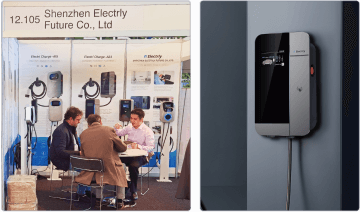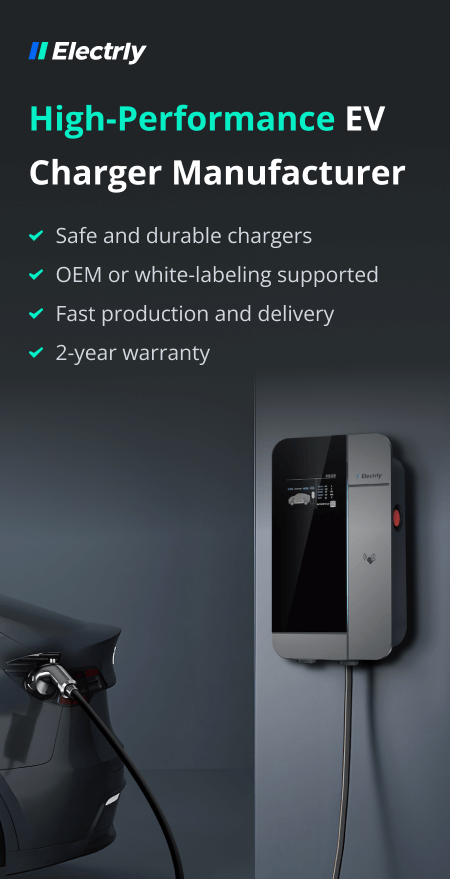The BMW i3 was in production for several years (now discontinued in North America), and the vehicle has been produced in several trims in the global market. For simplicity, we’ll divide the i3 into its two North American powertrain options: the BEV trim and the Range Extender PHEV trim (plug-in hybrid). The latter bears the name REx, for short.
Whether you own one or want to buy a second-hand BMW i3, you might wonder how much you’ll spend on BMW i3 maintenance, and this article from Electrly is here to help you find it out.
Why Should I Perform Regular Maintenance of My BMW i3?
A BMW i3 might be an EV (or a PHEV), but it still requires regular maintenance, just like every other vehicle. In fact, without it, the lifespan of the vehicle as well as the battery range of a BMW i3 may decrease, along with its value and performance levels.
Although the BEV version of the BMW i3 doesn’t have gas engines, they do have other costly components that need to be paid special attention to.
These include the following:
- High-voltage battery - the cells wear out over time and will need battery replacement eventually (a significant expense)
- Intricate electrical systems, sensors, and circuitry
- Unique transmissions - EVs do have transmissions; they’re just completely different from a traditional component
What Should I Check For Routine Maintenance of My BMW i3?
Unlike a gasoline engine, a BEV (battery electric vehicle) uses specially designed EV batteries to power the wheels. This means no oil and filter changes, spark plugs, injectors, belts, and so on.
For an electric vehicle, the maintenance process may be slightly different from an ICE vehicle, but routine checks are still necessary to optimize the driving experience. Here are a few things to check regularly for when owning a BMW i3:
Weekly Checks
- Tires - check pressures and look for uneven wear on the tread or cracking in the sidewall
- New tires may cost around $220 per tire (depending on brands, sizes, and design purposes)
- Lights - ensure all your exterior lights work, including the following:
- Headlights
- Low/high beam
- Side markers
- Taillights
- Brake lights
- Fog lights
- Turn signals/hazard warning lights
- Reverse light
- License plate lights
- Tracking - while driving, hold the steering wheel straight and check the vehicle doesn’t drift left or right
- Alignment cost - $150
Monthly Checks
- Washer fluid top-up
- Windshield wiper clean
- New windshield wiper cost - $20 per wiper
- Brake fluid level check and top-up if necessary
- Check brake pad thickness
- New brake pads cost - ~$150 per wheel
- Check engine coolant level and top up if required (REx trim only)
Annual Checks
- Official service
- BMW service cost - $250 + repairs (This includes lifting the i3 on a ramp for an under-body inspection of the wheels and bearings, suspension, battery, and chassis)
- Battery check
- Check for energy capacity, voltage, BMS system, etc. (The high currents from the batteries pose a significant risk to your safety, and the battery testing must be performed by a certified professional.)
- Oil and filter change (REx only)
- BMW i3 REx oil and filter change - $150
- Replace the air filter (REx only)
- Usually included in service
- Replace cabin filter
- Usually included in service
- Condition check of the 12-Volt battery
- New 12-Volt battery - $200, including fitting
- Replace spark plugs (REx only - should last longer but no official change interval)
- Lubricate hinges and locks (doors and trunks)
- Brake fluid flush every two years
- BMW i3 brake fluid flush cost - $150
Note that the engine in the REx trim uses a cam chain instead of a belt. This, along with most lifetime components including the battery coolant and the high-voltage battery model themselves, should outlast the car.
What Is The Average Maintenance Cost of A BMW i3?
On average, a typical BMW service might cost between $250 and $300, plus any repairs needed. Allowing for routine maintenance items and regular repairs mentioned above, you’ll likely have to spend about $900 in total to maintain the BEV trim of the BMW i3 per year (including the service cost).
Also to mention that the BMW i3 REx trim has more components to go wrong due to the implementation of the ICE unit, so it is likely to have a higher maintenance cost.
What Is The Suggested Maintenance Schedule For BMW i3?
If you own a BMW i3, you’ll first find the recommended maintenance schedule in your owner’s manual or service book.
The full EV version requires an annual inspection, with routine service parts replacements. These might include tires, brakes, suspension, etc.
If you own the BMW i3 REx version, you’ll also need additional work on the small internal combustion engine. This will include an oil and filter change.
For every two years, you’ll need a new cabin filter replaced (also known as a pollen filter), windshield wipers swapped, and brake fluid changed.
Other than this, you should continue with routine maintenance, as mentioned above. If you notice significant issues related to battery performance or any developing problems (such as strange vehicular behavior or sounds), go straight to an authorized BMW dealer for complicated repairs including engine inspections, and battery cell replacement.
FAQs
1. Can I DIY the maintenance for my BMW i3?
A certain amount of maintenance on your BMW i3 can be done at home. For example, it’s easy to check your tire pressures and top up your washer fluid on your driveway or in a parking lot.
However, more in-depth work including vehicle lifting, battery checks, and engine inspections should only be done by professionals in the dealership or by certified mechanics.
Note that official dealerships have an abundance of BMW-specific equipment on-site, but they’re more expensive. A standard workshop might not have the necessary tools for a detailed repair. Using a BMW-approved local mechanic is a happy medium.
2. How much does it cost to replace the battery pack of my BMW i3?
Replacing the battery pack of a BMW i3 will come to around $16,000 to $20,000, including installation. This isn’t a job you can do yourself.
These days, you might be better off sourcing a second-hand i3 battery and paying a BMW EV specialist to install it. You’ll likely save money if you let them source the parts rather than buy them yourself.
Note that second-hand, refurbished, or third-party manufacturer batteries may cost less than the OEM replacement parts, but they may not be in fantastic condition and might not be covered by a warranty.
3. Does the BMW warranty program cover the maintenance expenses of my BMW i3?
If you own a BMW i3, its warranty may still be intact within a certain time/mileage limit, despite the fact it’s no longer produced.
A standard warranty won’t cover routine maintenance costs. These are, unfortunately, part and parcel of owning a vehicle. However, you might have one of BMW’s upgraded warranties. These include coverage for regular maintenance items, such as brake fluid and engine oil (only relevant to the REx).
You can always contact your dedicated BMW dealer for specifics about what your warranty covers if you can’t find your original documentation.


